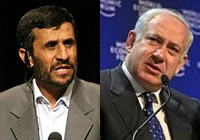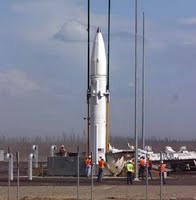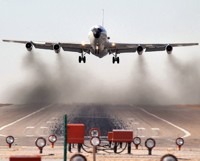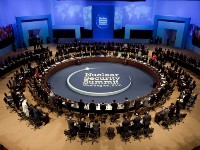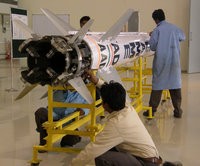
Since 2006, India has embarked on a robust ballistic missile defense (BMD) program aimed at a two-tier defense. In that time, the Defense Research and Development Organization (DRDO) has conducted a number of successful missile-interception tests, with the latest coming in February. India’s plan for missile defense, however, dates back to the early 1980s, when it started its Integrated Missile Development Program (IGDMP). IGDMP envisaged an array of offensive missile platforms, such as the Prithvi and Agni ballistic missiles, as well as the development of defensive missile platforms, such as the Akash surface-to-air missile system. As currently conceived, the Indian […]

